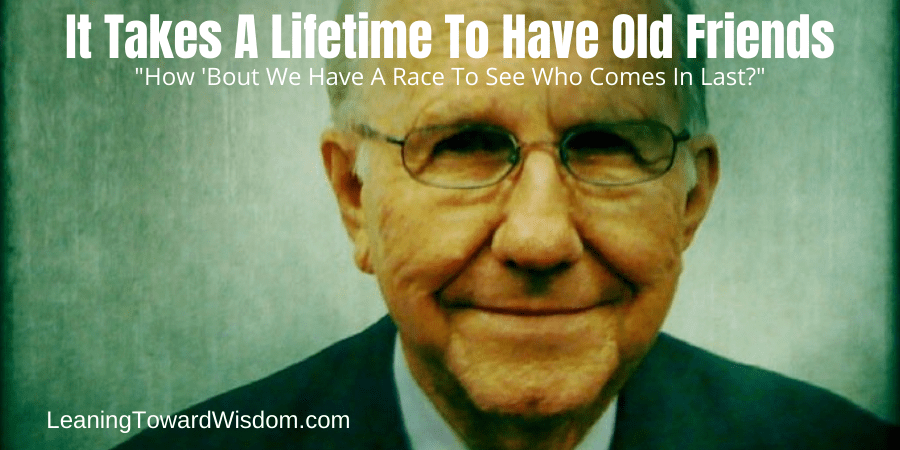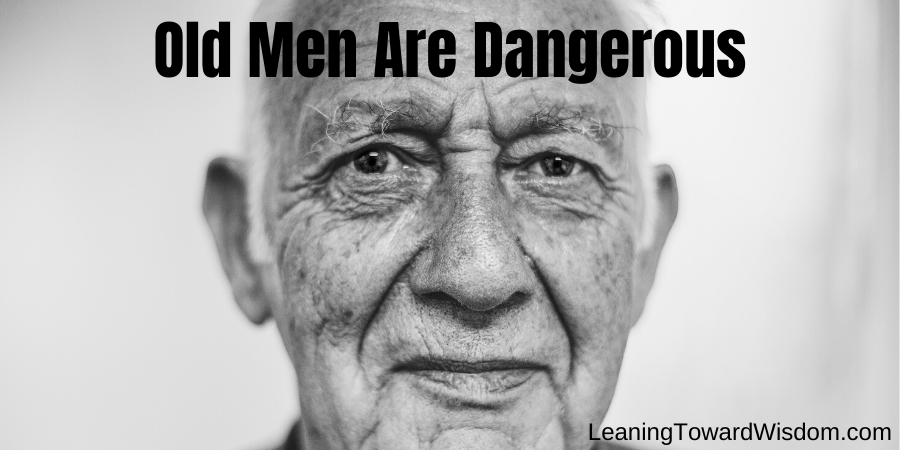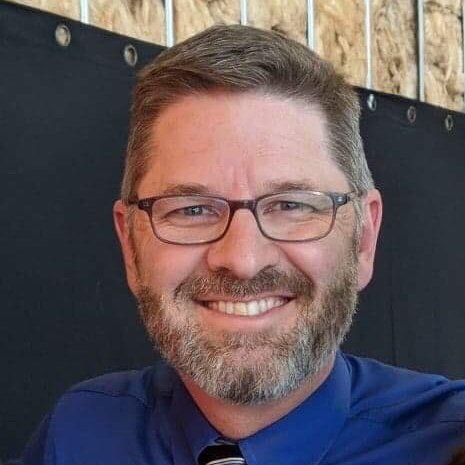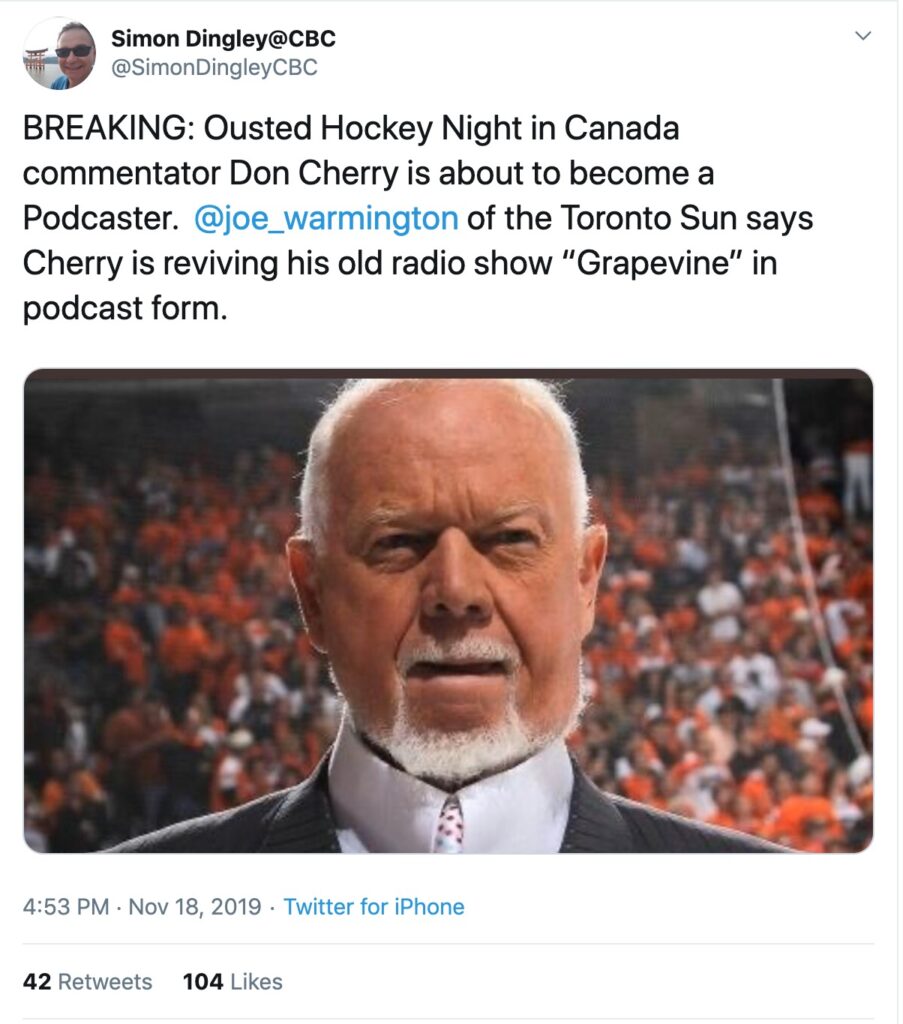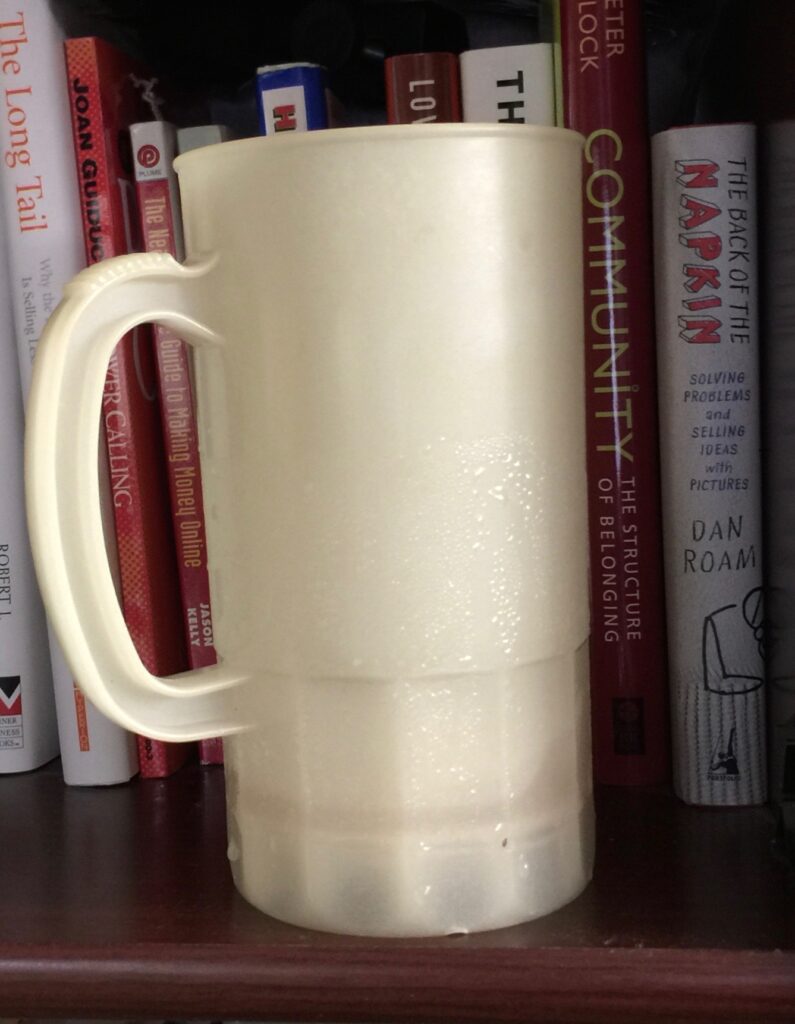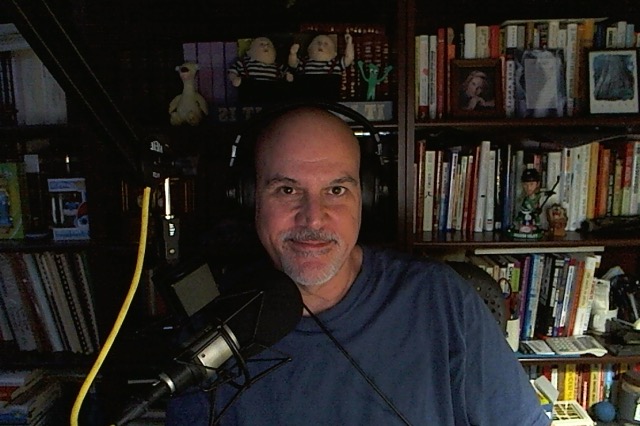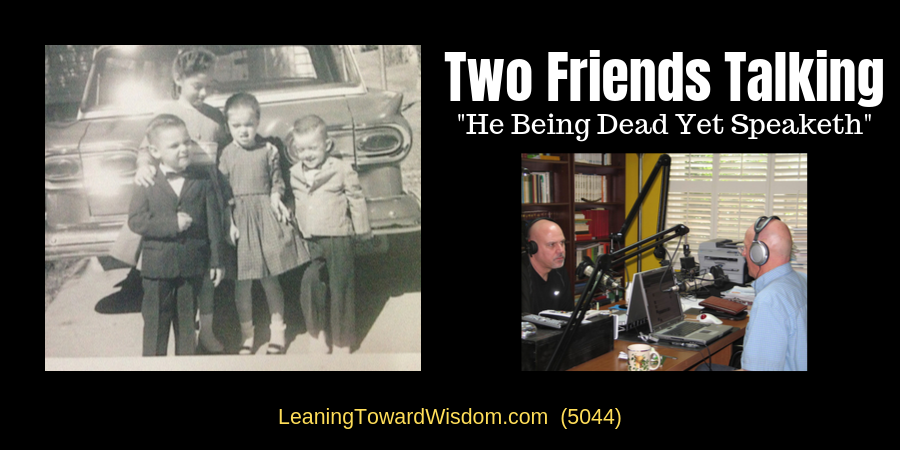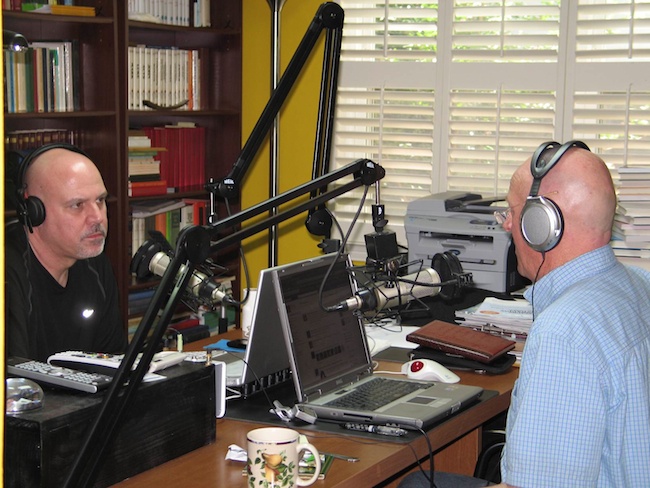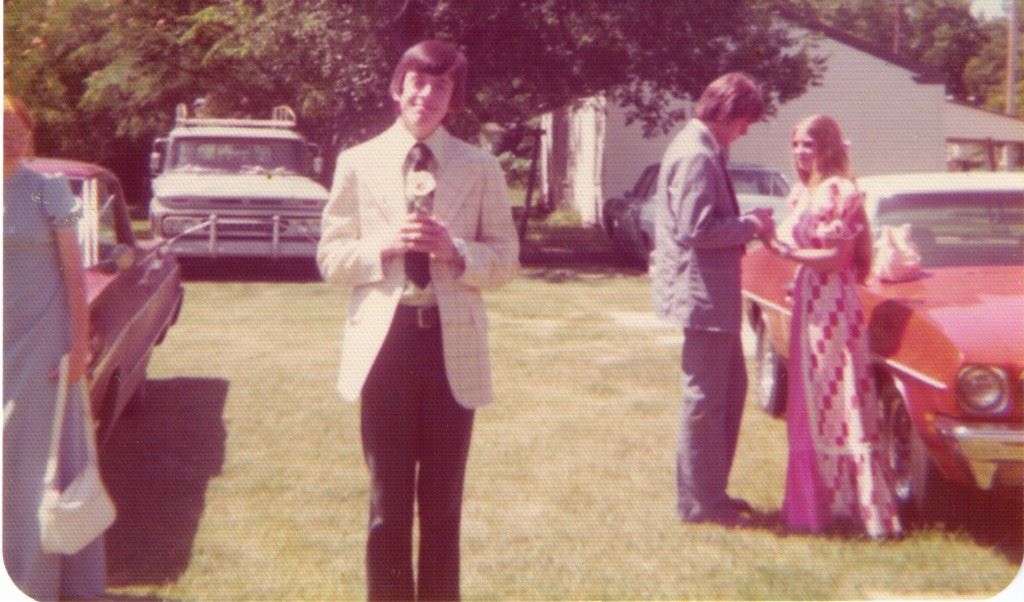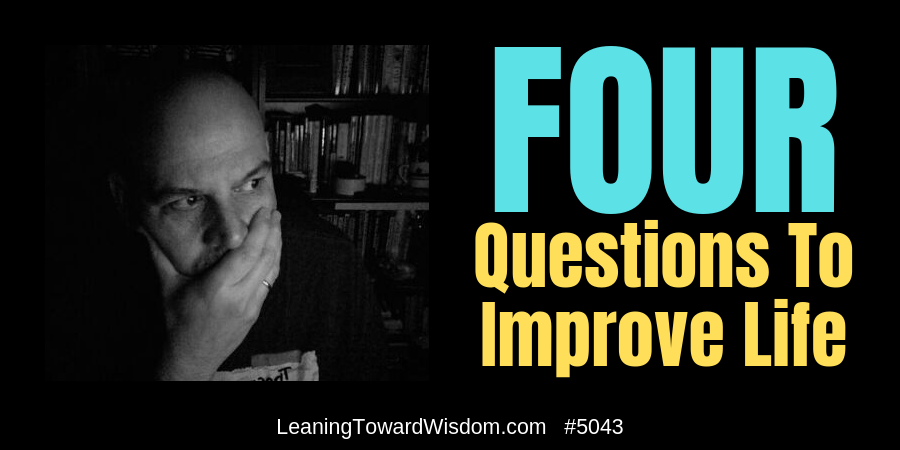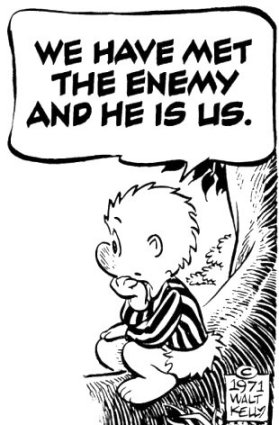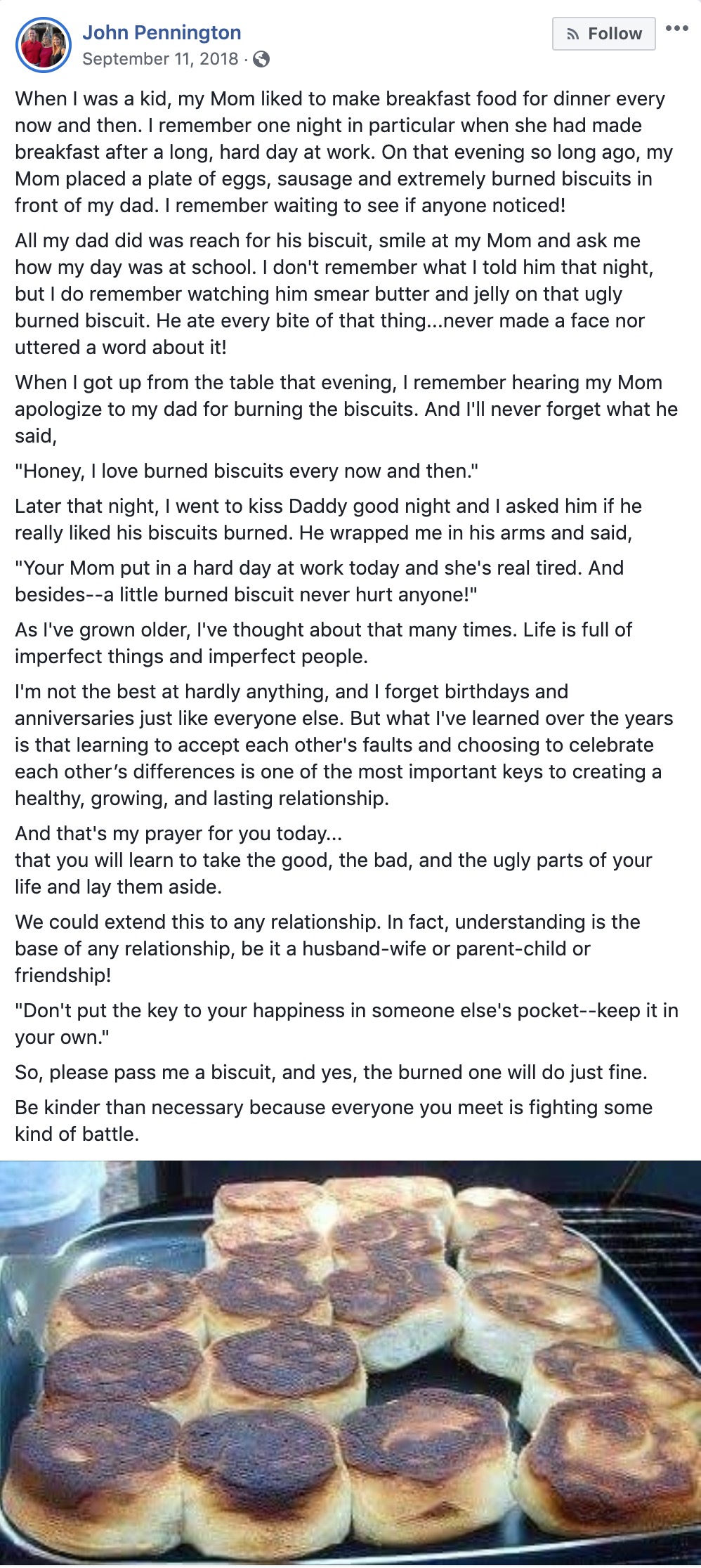It Takes A Lifetime To Have Old Friends (How ‘Bout We Have A Race To See Who Comes In Last?) #5047
Podcast: Play in new window | Download (Duration: 40:30 — 37.1MB)
Subscribe: Apple Podcasts | Spotify | iHeartRadio | Email | RSS | More
Photograph of Ronny F. Wade by Andrew Weaver
We were little boys. Stanley and me. Best friends from our beginnings.
A “Halloween” 😉 costume party. All the friends of our folks were there. Dressed in garb where hiding one’s real identity was the goal. We were gathered inside the garage, sitting in a circle with folks mingling…watching all the new arrivals. Up the driveway walking like Frankenstein was a gray robot. A red light bulb for a nose. Illuminated. There was no way to know who was underneath the garb of spray-painted cardboard boxes forming this ultra low-tech robot.
I had already identified my grandmother, Marie, dressed as Peter Pan. I recognized her immediately somehow. Walked right up to her, calling her by name (“Re” is what everybody, including me called her) asking her to pick me up. Nobody else could identify her.
Then there was this robot creature, easily the most captivating character there. Fascinating.
It was Stanley’s dad, Johnny Elmore. That’s my first memory of him. I was very young. Pre-school.
Johnny was my best friend’s dad. That was my first context for him.
There was never a time when he wasn’t in my life. His family was my second family. It’s just how it always was. Even when Stanely, his son and my best friend, passed from this life in 2013. Losing Stanley was the most devasting loss for me because we had so much history together. And because we were both older. Fifty-six to be precise.
Losing grandparents, especially “Peter Pan,” was sad, but she had been suffering badly…relegated to a nursing facility because of the constant care she required. Losing Stan was different. He was a peer. A close friend. A trusted phone call away all the time. Until he wasn’t.
Johnny Elmore and his wife, Sally, who preceded him in death were close friends with my parents. My life began in a small Oklahoma town, Ada, where Johnny was the evangelist working with the congregation where we all worshipped. They were a family of four – they’d soon become a family of 5. We were a family of four.
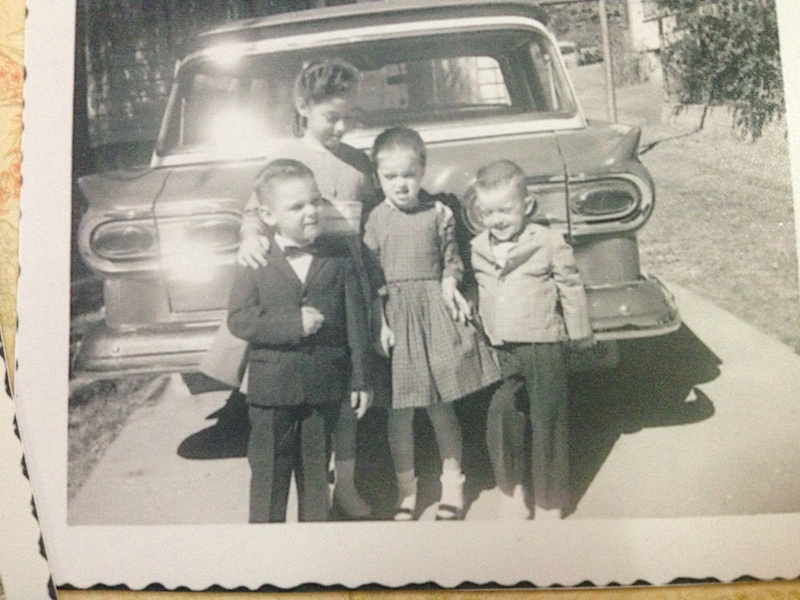
It is one of the blessings of old friends that you can afford to be stupid with them. – Ralph Waldo Emerson
It’s true of close friends, too. Close family friends. We’ve been plenty stupid around each other through the years. I know I’ve contributed MORE than my share.
My heart was broken when Stanley died. I was sad for my own loss, but I was especially sad for Stanley’s folks. My imagination kicked into full swinging trying to understand what it must have felt like to bury a child – albeit a child in his 50’s.
As a dad myself I was especially sensitive to Johnny’s emotions at that time. I entered the funeral home and hugged him. He whispered something about thinking about me and Stanley jumping on the bed as little boys. Here we were, two old men now, and memories of long, long ago were at the forefront of our mind. Memories of kids acting stupid. But acting stupid together is still what I miss most since Stanley died. And it’s among the many things I’ll miss most about Johnny. All the snarkiness. All the sarcasm. All the bagging on each other. Stuff that’s been part of my existence since I was that little boy in the dark suit (and before)
Say what you want about aging, it’s still the only way to have old friends. – Robert Brault
Regularly Johnny would tell me, “Getting old isn’t what it’s cracked up to be.” Sometimes I’d say, “It beats the alternative.” And he’d quite often quickly reply, “I’m not sure about that.”
Age does that. Especially when age brings infirmities. Johnny had his. Most recently loss of balance and eyesight. The eyesight loss was especially vexing because Johnny Elmore was a reader. A study-er. A lifelong learner.
Glaucoma and a detached retina (surgery was performed to fix that). He was hoping doctors could restore his eyesight. At least enough so he could get about and read. But repeated falls contributed to cutting that opportunity short.
Months ago when I heard about his eyesight I remarked to my wife – who has also been close to the family since she was a teen – “If he can’t read, he’s done.” That’s how important learning was to him.
Mere days before his death he turned 88. The same age as my mother. My father is 96. They were close. They’d talk on the phone frequently. Old friends staying in touch, keeping the connections alive.
In the past 2 years, I’ve endured some personal challenges of my own where I relied on Johnny more heavily than ever before. And I had relied on him plenty – especially anything to do with faith. I was 11 in the summer of 1968 when I asked Johnny to baptize me for the forgiveness of my sins. He’s always been a prominent advisor for me in spiritual matters. A rock-solid Bible student I knew I could approach with any issue and he’d help me walk through it. In the last 2 years I needed him more than ever, and he was there for me. Questioning me. Advising me. Gently guiding me through the challenges.
Who you surround yourself with matters.
The older I grow the truer I know that to be. It’s largely why at this stage of my life I’m all-in on helping people leverage the power of others.
Johnny was part of my secret power of others.
He was 88. Another was 83. Another 75.
Three wise old men. All of them preachers. All of them men I’d known all my life. Johnny was the oldest. But the youngest would be the first to go – Russell Barney Owens, Jr. Barney passed back in February this year.
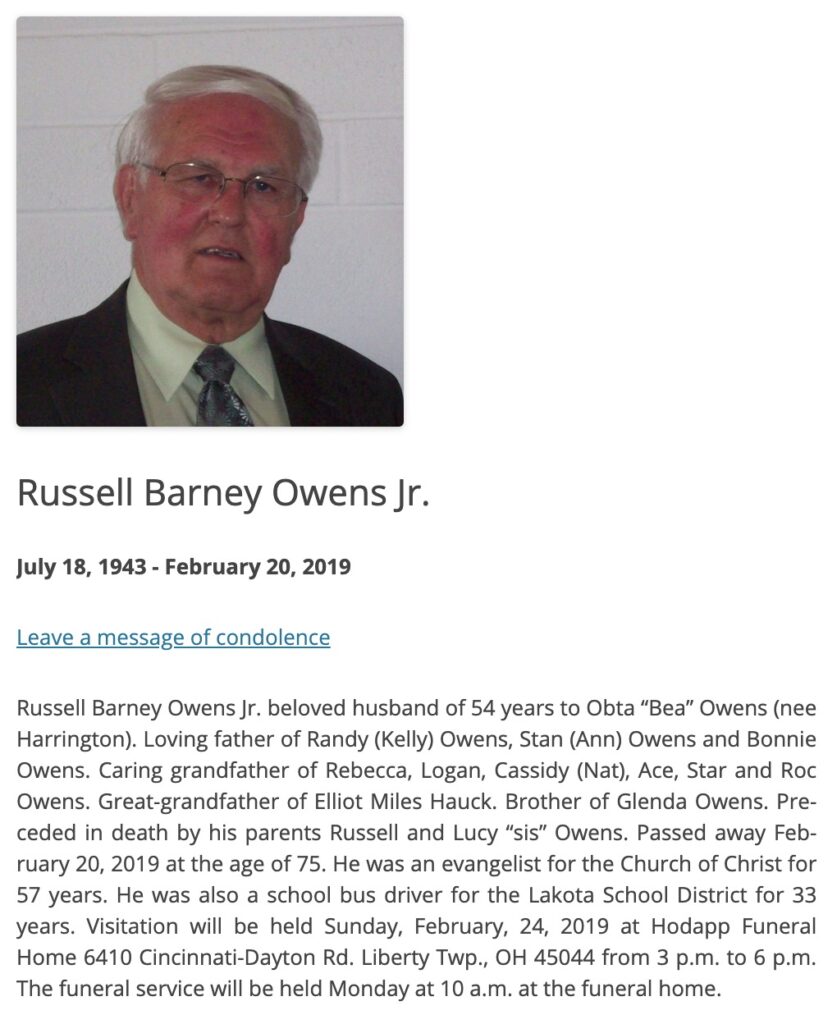
First Barney. Now Johnny. Two very special advisors who have helped me more times than I can count. Largely because we shared faith, but also because they’ve known me since I was a child.
Johnny Elmore had just turned 88. Ronny Wade, 83. Barney Owens, was on his way toward 76.
Three men who always understood my context. They knew me well. I knew them well. I trusted them. They cared about me. I cared about them, too.
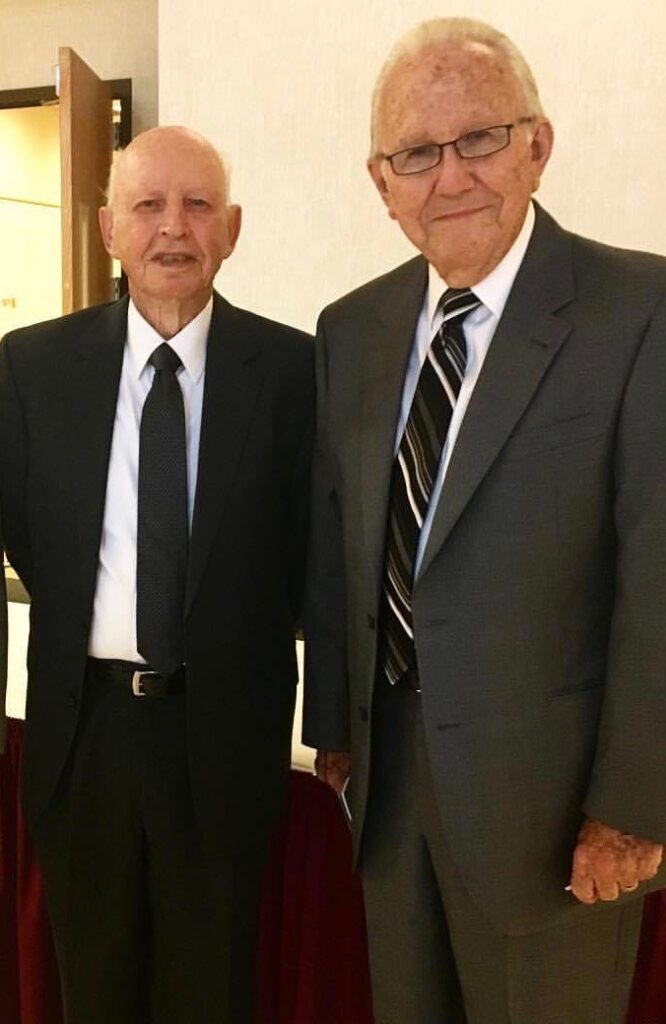
One remains. Ronny Wade. His health is failing. For 7 years he’s been quite successfully battling blood cancer, but 2019 has not been kind to him. Johnny and Ronny were close friends. Co-workers in the Faith.
For me, trusted advisors who I’ve always known had my very best interest at heart. Truth tellers. Men who would caringly challenge me.
Some weeks ago I made a trip to spend a few days with Ronny and his wife, Alfreda. He and Johnny had been buddies since Ronny was a teenager. Ronny never expected to be preceded in death by his lifelong friend, but that 5-year-gap in their ages grew increasingly large over the last few years.
One afternoon I called Johnny while I was at Ronny’s house. After telling Johnny where I was, I handed the phone to Ronny so the two of them could talk. Ronny was relegated to an easy chair. Miles away Johnny was relegated to his bedroom unable to see clearly enough to venture too far away. As Ronny took my iPhone, he immediately said to his buddy lifelong friend,
“How ’bout we have a race to see who comes in last?”
They chuckled together.
Dr. Seuss said it better than I ever could.
Don’t cry because it’s over. Smile because it happened.
Johnny died in his sleep about a week ago. Ronny was asked to preach his funeral to which he quickly agreed. However, the morning after being asked his health took a turn and doctors advised him to not travel. I felt badly for him, knowing how badly he would have liked to honor his old friend. But these are the curveballs life throws at us.
We’re all crying. And sometimes smiling.
In time I suspect the smiles will outweigh the tears. At least that’s how it often goes when I think of Stanley, my lifelong friend.
These old friends are different to me. They’re not peers. They were and are my heroes. They’ve been the adults during my teen years. The mature adults during my early adult years. The old men during my mature years.
Three men who were all just a few steps further up the trail. Age isn’t merely a number. It’s a condition. Filled with hardships and the weight that years of experience puts on a body’s bones. And heart. I’ve seen it in each of them. I see it in myself. Life takes a toll on us all.
Over the past decade, I’ve leaned more heavily on each of these men than I had before. Life’s issues grew more pressing on me. As it did on them. Simplicity gave way to complexity. More moving parts produced by more people involved in our lives as we were all growing older. More folks to consider. More to think about.
Then there’s the weight of responsibility. The burden of leadership. Not some formalized thing, but the influence one welds in becoming old enough to warrant the respect of others. The leadership of influence. The leadership of service. It can bow a body low.
“Strengthen ye the weak hands and confirm the feeble knees.” (Isaiah 35:3)
The battle was raging. As long as Moses had his hands lifted in the air, the battle would belong to him and the people. But Moses wasn’t able to do it alone.
Exodus 17:11-14 “And it came to pass, when Moses held up his hand, that Israel prevailed; and when he let down his hand, Amalek prevailed. But Moses’ hands were heavy; and they took a stone, and put it under him, and he sat thereon; and Aaron and Hur stayed up his hands, the one on the one side, and the other on the other side; and his hands were steady until the going down of the sun. And Joshua discomfited Amalek and his people with the edge of the sword. And Jehovah said unto Moses, Write this for a memorial in a book, and rehearse it in the ears of Joshua: that I will utterly blot out the remembrance of Amalek from under heaven.”
We all need some help to steady our hands until the going down of the sun. Moses had two men, one on each side helping him. During my lifetime I’ve had a few select, special men of great wisdom who have helped steady my hands. And help me direct my course toward greater wisdom. They’ve warned me of road hazards helping me avoid untold calamities. They’ve cheered me on encouraging me to keep the faith and continue to battle even though defeat seemed quite certain in my eyes. They’ve questioned, challenged and supported me in ways that only old men can with a younger, albeit still old, man.
In the last 5 years or so I’ve grown increasingly interested – and convinced of the high value found – in our intentional associations. Specifically, in how we leverage the power of others in our lives. It has made me more closely examine the people who have been my closest, most trusted advisors.
There’s a theme in my life, and I’d imagine there is in your life, too. Think about the people who occupy your most inner circle.
All of mine are gospel preachers. They always have been. Without exception. I’ve had other close friends, but not as close as these men. My current circle includes men as young as mid-40’s and now as old as 83. I’m having to go younger because my oldest mentors and advisors are passing away. Typically I’ve relied on men 15 to 20 years my senior. I don’t think it was strategic as much as it was conveniently generational. My father is 34 years older. Many of my inner circle “old friends” have been in my life as long as I can remember and they entered my life through my parents. So I think in my case that explains the age difference. It worked to my advantage. An enormous advantage.
Today I find myself attempting – likely without much success – to provide similar support and insight to men 15 to 20 years my junior. I’m hoping to keep the cycle of support, encouragement, and leadership alive. Time will tell if I can succeed. I figure the next 15 plus years will make or break my legacy. And that’s not unique to me. I think it’s unique to all older men and women. We enter this phase of life where our perspective is more settled. Priorities seem clearer. Ambitions, too.
As I’ve grown older my resolve has intensified. The resolve to make a bigger difference. Whatever it takes. Even if it takes a lifetime.
Jason Isbell is among my favorite singer-songwriters. In 2015 he released an album entitled, Something More Than Free. One of my favorite songs on that record is “If It Takes A Lifetime.” The final refrain is “our day will come if it takes a lifetime.”
I’m here to tell it does take a lifetime.
It takes a lifetime to have old friends.
It takes a lifetime to gain the wisdom that old friends can provide.
Lots of things take a lifetime.
Lifetimes are relative. Barney’s was 75 years. Johnny’s was 88. So far, Ronny’s is 83. Three different men. All of them precious to me and instrumental in my decisions, development, and wisdom.
Here’s the thing. The lifetime isn’t measured in years. It’s measured in value. The value isn’t a competition. In fact, there’s no way to compare the value these three wise men provided my life. Each were different. Each contributed in a unique way. I needed what each of them brought.
Barney was the first to go, but nobody challenged me quite like him. Notorious for not ever telling me what to do, he’d pose a powerful statement followed by a question. It’s the single most popular phrasing I’d hear from him when involved in a deep, serious conversation.
“Well, you could do that. I’m not sure that it’d be right though. Are you sure?”
And by “right” he always meant scriptural. In other words, would it be in keeping with the Word of God? Would it be what God would want based on what the Bible says?
Most often the reply he’d hear would be, “Of course I’m not sure…which is why I’m talking to you.” 😉
Nobody was like Barney in my life. Nobody was like Johnny either.
Johnny didn’t challenge me the way Barney did. It was different. Done in his own style.
Ronny is still different from them all and admittedly I’m closest to him than any other old man. It has taken a lifetime. His personality is measured. His tone always tempered.
Humor. It’s a common bond. Each of them is funny in their own way. I appreciate their sense of humor and it made the connections deeper.
Barney was a man with dry, dry wit. Out of nowhere would come a quip you didn’t see coming and it would almost always lay me low with laughter.
One of my favorite stories of him – and one I’ve likely told you before – was about his childhood. Barney lived in Cincinnati. He was from Kentucky, but as a kid the family moved from the Kentucky hills to the big city. They were poor as Job’s turkey. During a breakfast meeting some years ago, which included my son, Ryan, Barney was telling stories. Ryan asked him if his family ever went back to Kentucky to visit after they made the move to the city. Without blinking an eye Barney said, “Sure. We’d take a bus back down there with a sack of sandwiches and show off.”
We erupted. The mere thought of some transplanted hillbillies returning home on a Greyhound bus with a sack of sandwiches to “show off” immediately struck us all as funny as Barney intended it to.
I think of Barney often, especially any time Brisco Darling appears on an old Andy Griffith Show rerun. Barney’s demeanor was dry like Brisco. He was sharp, smart and well-read. The man was always reading a book, usually, a book that recorded some debate over a Bible topic. The man knew the Bible as well as any man I’ve ever known. He was an accomplished preacher who could take a complex topic and make it appear simple. I miss him dearly…and the absence of his insights and viewpoint won’t likely ever be filled. But I had him inside my inner circle so I’m thankful for our years today.
Johnny’s sense of humor was without parallel in my life. I was so close to his family and we shared a snarkiness and sarcasm that made our ability to “get it” unrivaled. Like Barney, Johnny’s humor could often be subtle, but he wasn’t nearly as dry as Barney. Johnny was frequently just more matter-of-fact.
Of the three men Johnny was the man with whom I was close enough to see emotional frustrations that would often morph into something very funny. When you’ve spent a lifetime there are too many such stories that flood my memory banks.
Johnny could get a quick look of utter frustration and contempt for the situation. Since I was small I’ve found his angst funny. Stanley and I both did, until a belt may have been threatened.
We’d all gone to some inexpensive steakhouse – the kind you used to find in any size town. Think Western Sizzler. You go through the line, place your order, get your drink and are given a number or something. Then you go find your table listening for your order to be announced over the PA. Well, this particular place had a PA that was so garbled and muffled you couldn’t understand one thing coming out of the speakers. After a bit Johnny wrinked his brow, grew a stern look and expressed his frustration with the PA.
“I’ll bet you can tell what he’s saying. My lands, there’s no way to tell if he’s announcing our food or not.”
I’m not sure we were even paying attention until he said something. Immediately I got tickled because it sounded like the guy was holding his hand over his mouth and speaking into the microphone. Completely unintelligible.
There were millions of moments like this with Johnny. And I loved him for it because those little, everyday frustrations were easily pointed out by him. My family rolls very much the same way. It provides daily humor.
It takes a lifetime to fully appreciate it I suppose.
There’s nothing like old friendships. People who have known us for a long time. People who understand our context in a way that nobody else can. People who we understand well.
Intent. It’s a critical component. In every friendship. Frankly, in every relationship. One that too frequently is overlooked.
Somebody says something to us that hits us wrong. Or not quite right. Rather than think deeply about this person’s historical intentions, which are mostly good toward us, we suddenly have a knee-jerk reaction to what they said without any regard to their long-proven intent.
With these 3 men, I’ve never questioned their intentions. Especially as it related to their relationship with me. I always knew their intentions were the best. Giving them due consideration, therefore, wasn’t hard. Behaving with grace and respect toward them wasn’t either. Even if I didn’t agree with them. And I didn’t always.
There’s something else. When you’ve had 3 old men surround you your entire life…you don’t benefit from your own lifetime, but you benefit from each of theirs, too. The cumulative impact of wisdom is priceless making it all the more urgent that we keep passing it on.
Randy
